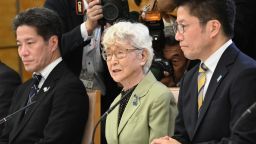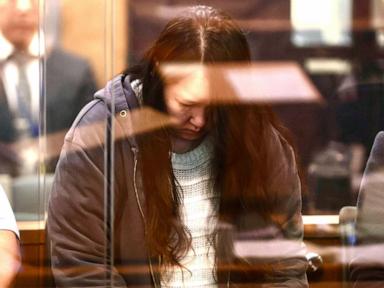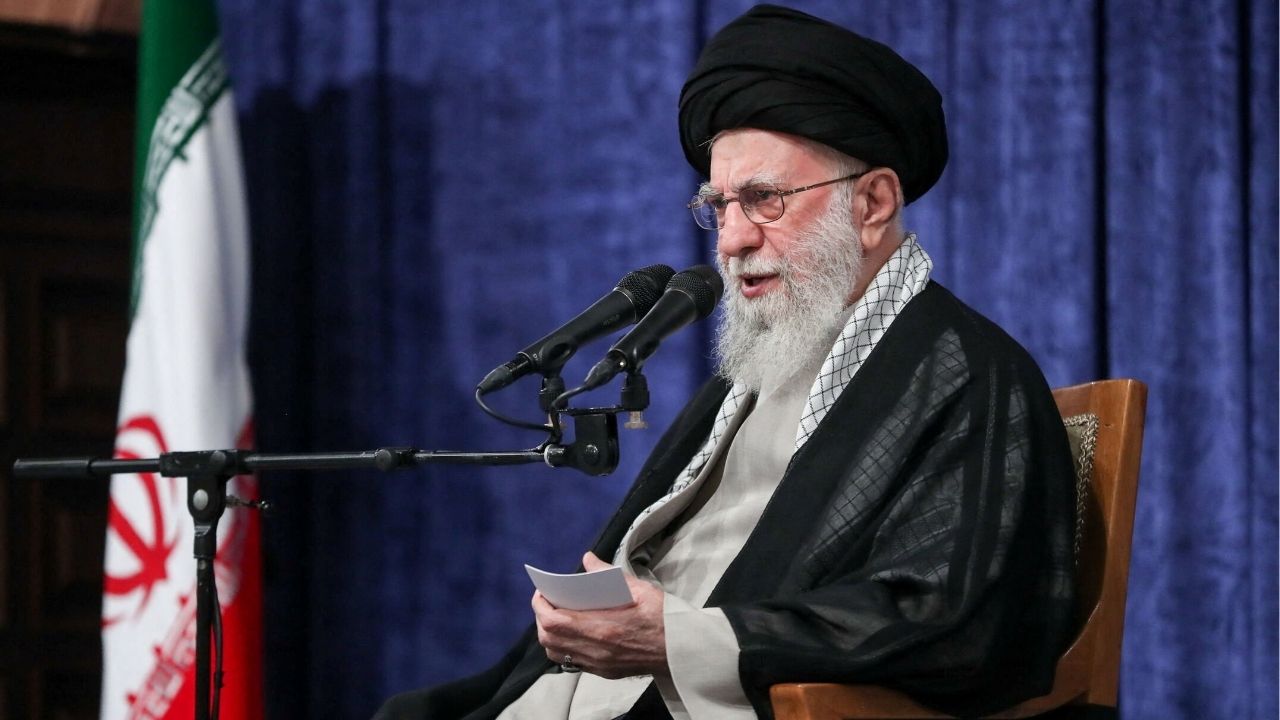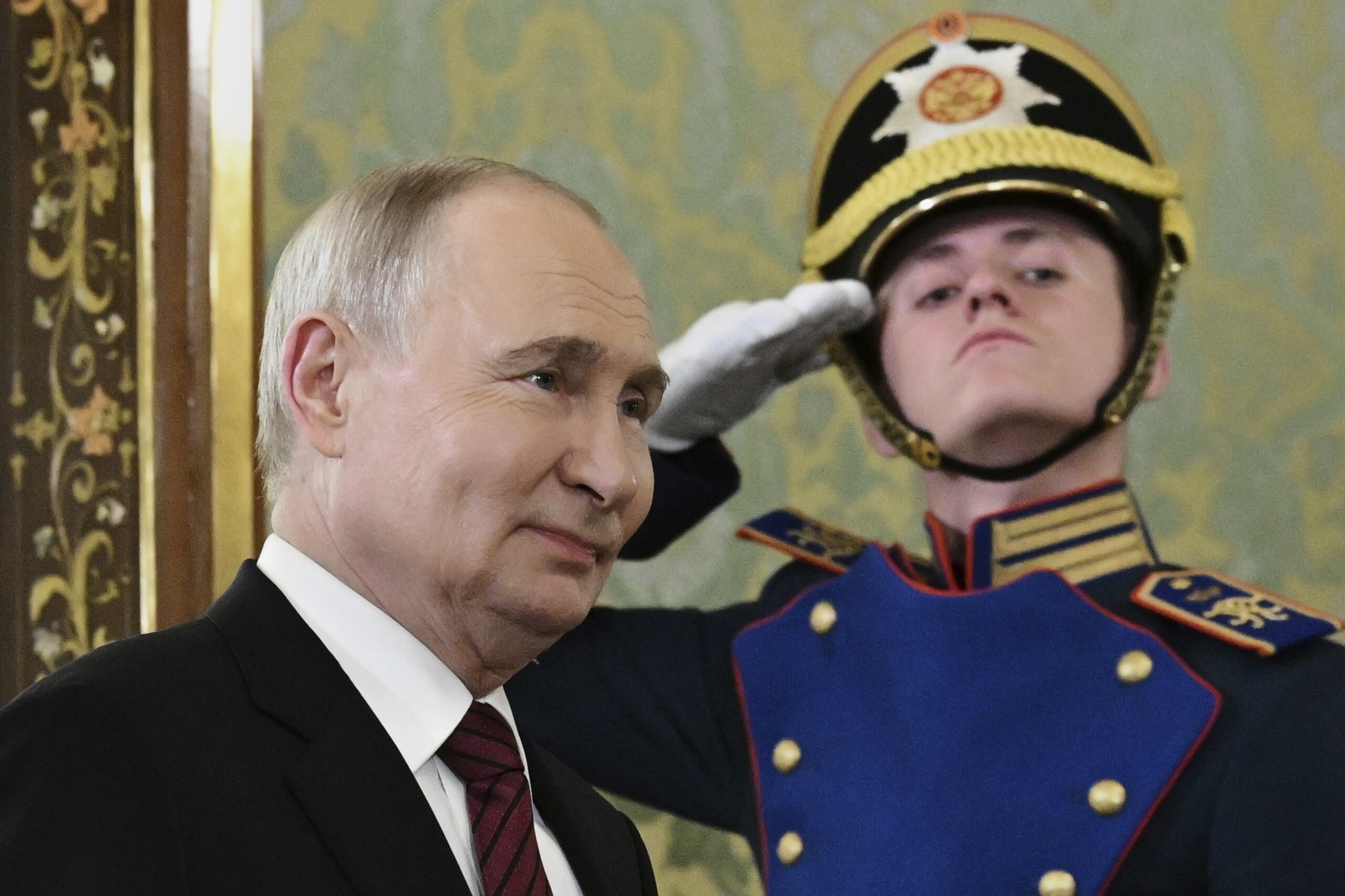Japan’s newly appointed Prime Minister Sanae Takaichi has expressed her intent to hold a summit with North Korean leader Kim Jong Un. This initiative marks a significant diplomatic effort, as no Japanese leader has met with a North Korean head of state in over two decades. Takaichi made her announcement during a rally focused on the return of Japanese citizens abducted by North Korea, stating, “We have already conveyed to North Korea our desire to hold a summit meeting.”
The long-standing issue of abductions remains a sensitive topic between Japan and North Korea. Takaichi emphasized the need for direct dialogue, saying, “I want the leaders to face each other directly and achieve concrete results.” She is determined to address the abduction issue during her tenure, which has been a source of pain for many Japanese families.
Japan claims that at least 17 of its citizens were taken by North Korean agents in the late 1970s and 1980s as part of a broader espionage program. A 2014 report by the United Nations indicated these abductions, which North Korea disputes. The regime argues that some of the abductees died in accidents and considers the matter resolved. For the families of those still missing, there remains a lack of closure.
Takaichi has met with families of abductees multiple times since assuming office, including a notable meeting with former US President Donald Trump during his visit to Japan. She has voiced her commitment to complete the mission of her predecessor, former Prime Minister Shinzo Abe, who sought to further this dialogue with North Korea.
The last significant interaction between Japan and North Korea occurred in 2002 when then-Prime Minister Junichiro Koizumi visited Pyongyang. That meeting resulted in North Korea acknowledging its role in the abductions for the first time. Kim Jong Il, the father of the current leader, offered an apology and promised that such actions would not happen again. Following the meeting, five abductees were returned to Japan, reuniting them with their families after decades of separation.
Koizumi’s second visit in 2004 allowed additional family members of abductees to return to Japan, but no further repatriations have occurred since then. Despite ongoing efforts by various Japanese governments, including attempts by Abe and his successor Fumio Kishida to meet with Kim Jong Un, progress has stalled.
Takaichi, who took office after winning the election in October, faces the challenge of navigating this complex issue. Her ambition to meet Kim Jong Un signifies a potential shift in Japan’s diplomatic approach, as she aims to tackle a problem that has persisted through multiple administrations. As she embarks on this endeavor, the international community will closely monitor the developments between Japan and North Korea.







